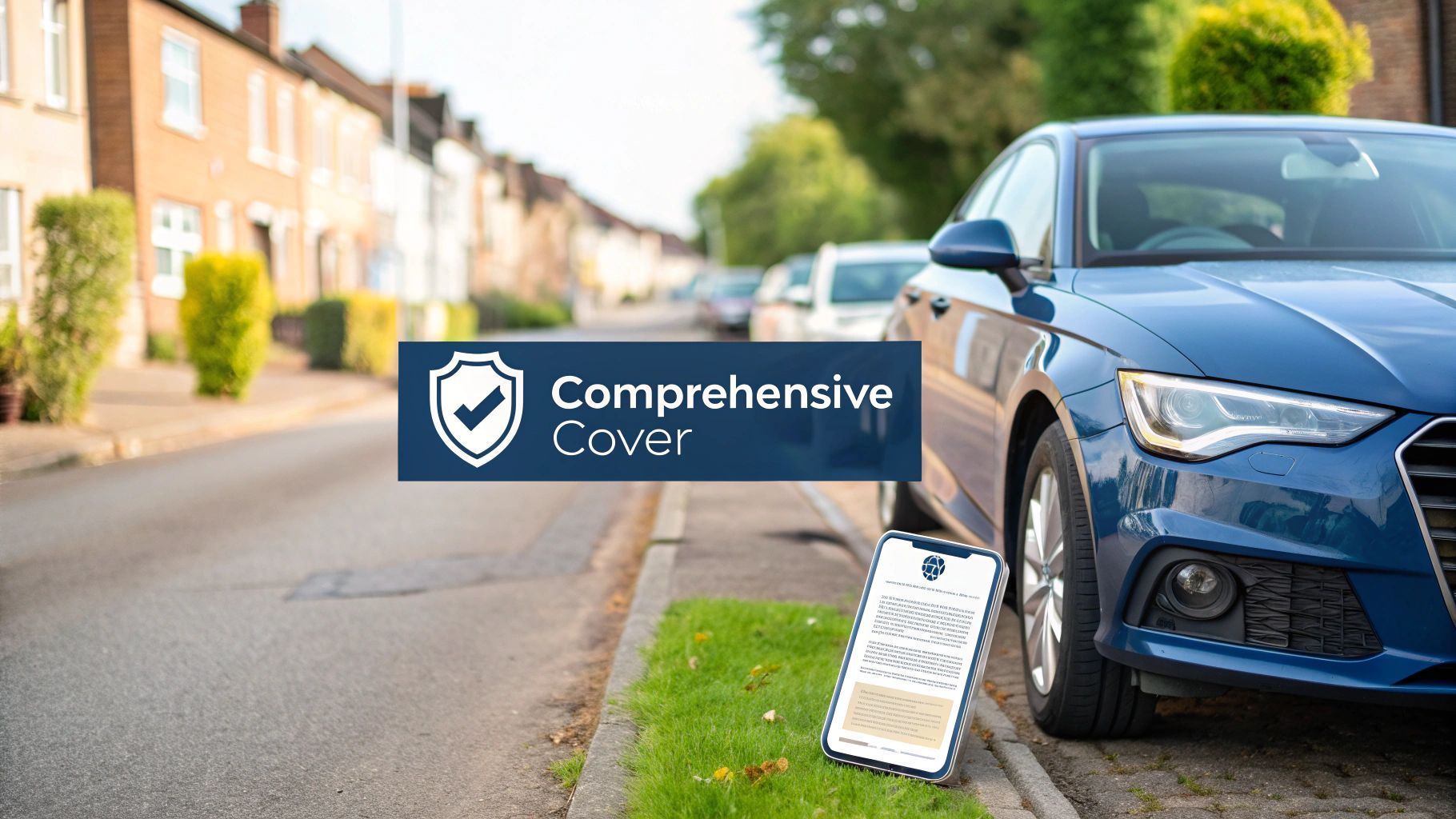How Geo-Location Data Strengthens Insurance Claims
The role of location intelligence in building trust and accuracy

In today’s insurance industry, accuracy and transparency are more important than ever. The rise of digital technology has reshaped how claims are assessed and validated, with geo location data emerging as one of the most powerful tools available. By combining location intelligence with existing claims processes, insurers can create a fairer and more reliable framework for policyholders and businesses alike.
The value of location intelligence
At its core, geo location data provides real time insights into where and when an event takes place. For insurers, this information supports the validation of claims, ensuring that reported incidents align with actual evidence. Whether it is a car accident, property damage or a natural disaster, location data strengthens the ability to confirm details quickly and precisely.
Improving claims accuracy
Insurance claims often rely on personal accounts, witness statements and supporting documentation. While valuable, these sources can be incomplete or inconsistent. Geo location data helps close these gaps by providing verifiable evidence that supports the claimant’s account.
This leads to several advantages:
- Faster verification of claims with precise event locations
- Reduced reliance on lengthy manual investigations
- Improved accuracy when assessing damage or liability
Reducing fraud in insurance
Fraudulent claims remain a significant challenge within the insurance sector. False reporting not only increases costs for insurers but also raises premiums for honest customers. Geo location technology acts as a safeguard against such practices by revealing discrepancies between reported incidents and actual recorded data.
For example, if a claim states that a car accident occurred in one area, but location data shows the vehicle was elsewhere at the same time, insurers can quickly identify potential fraud. This helps protect both businesses and policyholders by ensuring fairness across the claims process.
Enhancing customer trust
Transparency is a cornerstone of strong customer relationships. When policyholders see that insurers use impartial and data driven methods, trust naturally increases. Geo location data helps demonstrate that claims are being handled based on facts rather than assumptions, giving customers greater confidence in the outcome.
Moreover, quicker resolutions supported by location evidence reduce stress and uncertainty for claimants. This builds long term loyalty while supporting insurers in delivering a smoother customer experience.
Applications across the insurance landscape
Geo location data can be applied in multiple areas of insurance, including:
- Motor claims: validating accident locations and timings
- Property claims: confirming damage from weather events or break ins
- Travel insurance: verifying incidents such as flight delays or lost luggage
- Business interruption: cross checking event timings with operational data
Each application demonstrates the adaptability of location intelligence in strengthening claims management.
The future of insurance claims
As digital innovation continues to evolve, the role of geo location data will only grow stronger. Combined with technologies such as artificial intelligence and advanced analytics, insurers can build even more accurate risk models and improve decision making across the sector.
For policyholders, this means fairer outcomes, quicker resolutions and a claims process rooted in evidence. For insurers, it provides a more sustainable way to manage risk, reduce losses and maintain trust.
Geo location data has transformed the insurance landscape by offering clear, verifiable insights that strengthen the claims process. By improving accuracy, reducing fraud and enhancing transparency, it ensures that both insurers and customers benefit from a system built on trust and reliability.












